Performing Arts: Music
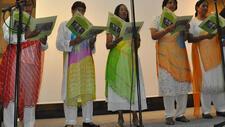
Cochin: Jewish Women's Music
For many centuries, Cochin Jewish women have sung Jewish songs, both in Hebrew and in the Malayalam language of Kerala, their ancient homeland on the tropical southwest coast of India. Kerala Jews are unusual among halakhically observant communities in the complex intertwining of female and male knowledge and performance throughout their musical repertoire.

Veronika Cohen
Veronika Wolf Cohen has shaped Israeli minds in two very different ways, by developing national music curricula and by leading innovative Israeli-Palestinian dialogue groups.
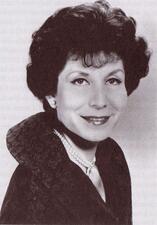
Betty Comden
Betty Comden wrote lyrics and librettos for enduring and beloved musicals like Singin’ in the Rain and Peter Pan, winning some of the industry’s highest honors. Comden worked with her writing partner, Adolph Green for almost fifty years on different musicals, winning their final Tony Award together for The Will Rogers Follies in 1991.
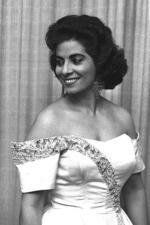
Shoshana Damari
Shoshana Damari’s lush voice and her fusion of Eastern and Western musical aesthetics made her the voice of a generation in Israeli music, recording dozens of albums in her career. She made several movies, was known for her song “Kalaniyot” (Poppies), and was awarded the Israel Prize in 1988 for her contributions to Israeli music and culture.
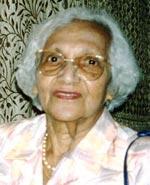
Ruby Daniel
Ruby Daniel’s 1995 book, Ruby of Cochin: An Indian Jewish Woman Remembers, combines recounting of historical events with engaging storytelling. The book endures as a significant contribution to Jewish history and ethnography.
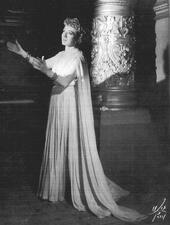
Edis De Philippe
Opera in Israel owes its creation primarily to singer, director, producer, and impresario Edis De Philippe. De Philippe made her New York opera debut in 1935 before performing with the Paris Opera and touring Europe and South America. She then founded the Israel National Opera Company in 1947 and ran it until her death in 1979.

Deborah 2: Midrash and Aggadah
Deborah, one of the most extraordinary women in the Bible, is presented as an extremely righteous and praiseworthy woman in rabbinic literature. Though some traditions criticize her pride, perhaps wary of how she transgressed gender norms, most of the rabbinic texts about Deborah are filled with praise.
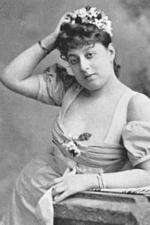
Selina Dolaro
A determined and talented performer, Selina Dolaro raised four children alone while pursuing an illustrious acting and singing career in late nineteenth-century England and America. Dolaro performed in various London operas, most notably as the title role in the first English version of Carmen. She made her American debut as Carmen in 1879.
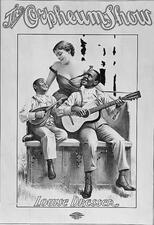
Louise Dresser
Louise Dresser was a celebrated singer in vaudeville and musical comedy, as well as a star in early motion pictures. Known largely for her rendition of Paul Dresser’s song “My Gal Sal,” she also sang his “On the Banks of the Wabash.” After vaudeville, Louise Dresser found success on Broadway, before moving to Hollywood to star in films opposite Will Rogers.
Jacqueline du Pre
Jacqueline du Pré was a world-renowned cellist whose career was sadly cut short due to multiple sclerosis. Du Pré gave concerts worldwide in the second half of the twentieth century and was particularly known for her recording of Elgar’s Cello Concerto in E minor.

Lisa Edelstein
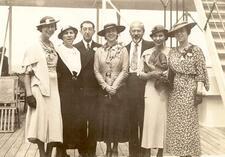
Judith Kaplan Eisenstein
The first American girl to publicly celebrate a bat mitzvah, Judith Kaplan Eisenstein went on to become a Jewish educator, composer, and musicologist. Her accomplishments included studying at the school that would later become Julliard, teaching at the Jewish Theological Seminary Teacher’s Institute, and writing a songbook for children.
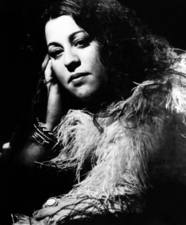
"Mama" Cass Elliot
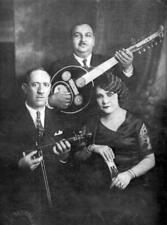
Rosa Eskenazi

Mary Jacqueline Fabian
Mary Jacqueline Fabian was a talented soprano who toured throughout the United States in Europe in the twentieth century. Fabian’s primary legacy to the arts lies not in her performances, her versatility on stage, or her popularity behind the microphone, but rather in her organizational skills and her unswerving conviction that opera and music education are not just for the elite.
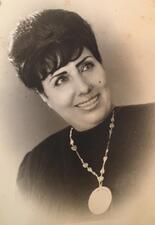
Zohra El Fassia
Zohra El Fassia was a renowned singer and recording artist in twentieth-century Morocco. Her life story moves between the burgeoning colonial recording industry in the Maghrib to North African immigrant histories in the south of Israel. El Fassia’s soulful music and powerful persona have resonated with generations of artists and activists who look to her for the unheard stories of Jews in the Arab and Muslim world and of Mizrahi Jews in Israel.
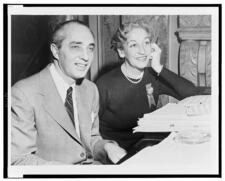
Dorothy Fields
Dorothy Fields wrote songs for a wide variety of musicals that became classics of American culture, from “Hey Big Spender” to “A Fine Romance” and “The Way You Look Tonight,” which won an Academy Award in 1936. In 1971, when the Songwriters’ Hall of Fame held its first annual nominations, Dorothy Fields was the only woman named to the ballot.
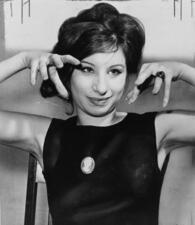
Film Industry in the United States

Sylvia Fine
Humorous composer Sylvia Fine created unique and influential music in her partnership with Danny Kaye. Fine wrote over 100 songs for Kaye to perform, including the music for The Secret Life of Walter Mitty, The Inspector General, and On the Riviera. She taught musical comedy at the University of Southern California and Yale and made philanthropic contributions to universities and Jewish organizations.
Marjorie Fisher
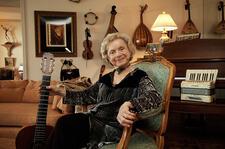
Flory Jagoda
Flory Jagoda is a singer, musician, and composer who has promulgated and enriched the Sephardic and Ladino (Judeo-Spanish) musical and folkloric tradition in the United States. Born in 1923, in Sarajevo, Bosnia (formerly Yugoslavia), she managed to leave Nazi-occupied Yugoslavia and avoid the sad fate of the extended family that nurtured her musical talent and Sephardic heritage. The popular Hanukah song, Ocho Kandelikas, is one of her many original compositions in Judeo-Spanish.
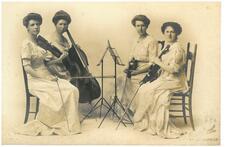
Vera Fonaroff
Vera Fonaroff was an extraordinary violinist and member of the all-female Olive Mead Quartet. Fonaroff immigrated to America from Kiev at age seven and debuted as a soloist with the Metropolitan Opera House Orchestra at age nine. She toured the world performing with the Olive Mead Quartet and as a soloist and eventually became the director of the violin at the New York Institute of Musical Art (now the Juilliard School).
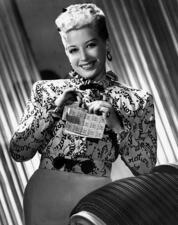
Helen Forrest
Despite an unhappy childhood, Helen Forrest achieved great success as a singer in several big bands. She was one of the first singers in the big band era whose vocals were featured throughout a full band arrangement, and one of the only women vocalists who had the courage to ask for individualized arrangements.
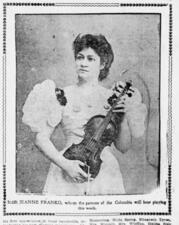
Jeanne Franko
Jeanne Franko was a violinist and pianist who performed with her four siblings and had a solo career. After making her debut in Paris before she was fourteen, Franko went on to tour most of the United States with her siblings and later with the Jeanne Franko Trio, perform with many orchestras as a violin soloist, and teach music in New York.

Recha Freier
German-born Recha Freier founded Youth Aliyah in 1933, which assisted in sending Jewish European teenagers to Palestine prior to World War II to be trained as agricultural pioneers on kibbutzim. Although she was responsible for saving the lives of many thousands of Jewish youth, Freier’s efforts were not officially acknowledged until 1975, when she was eighty-three years old.


